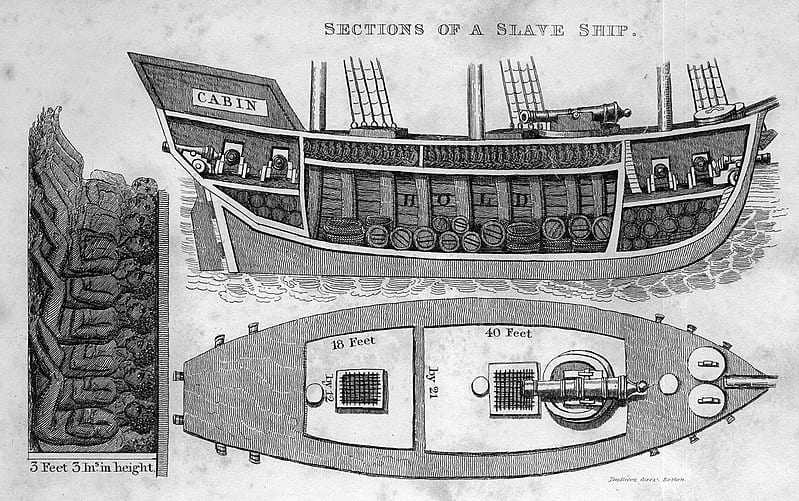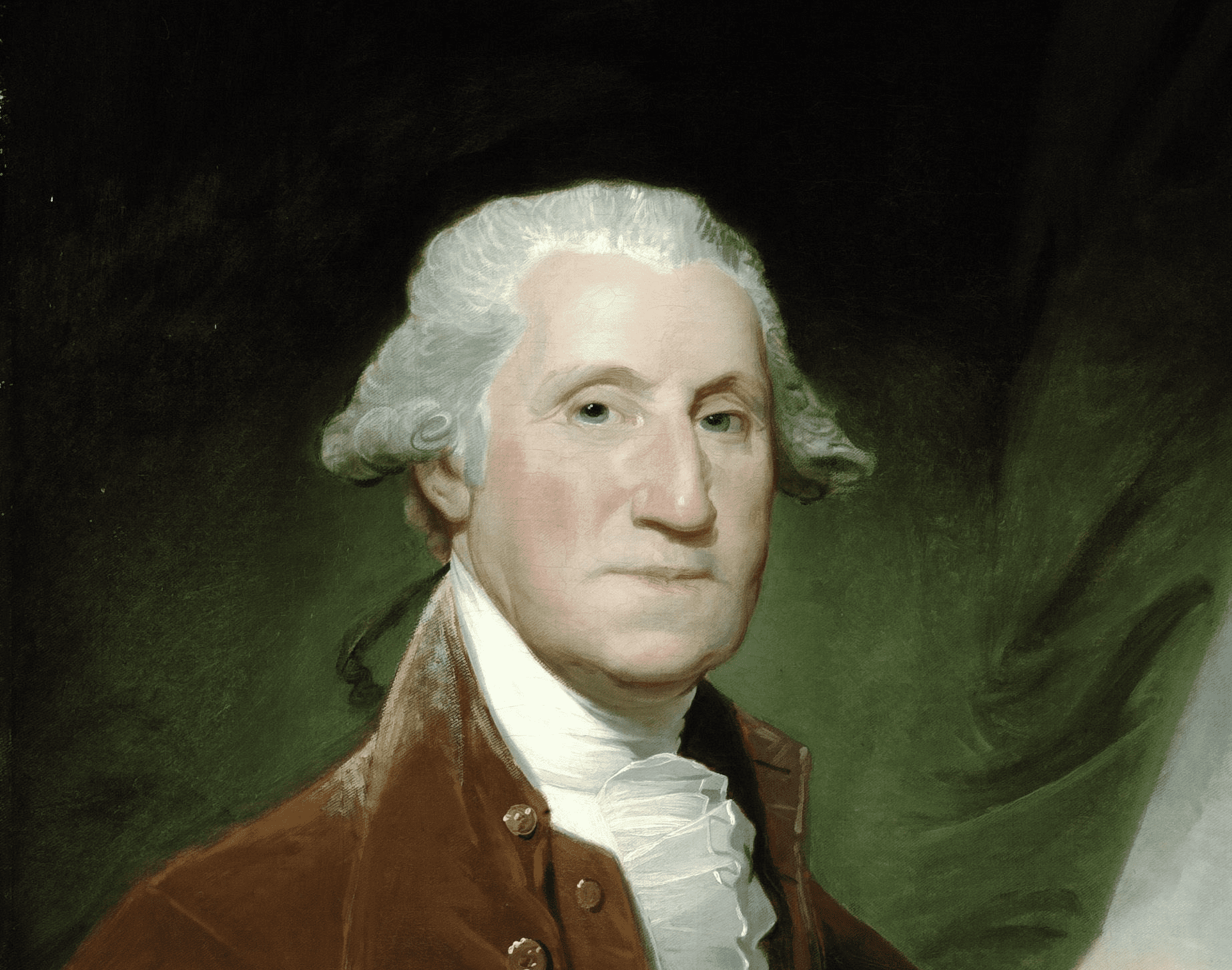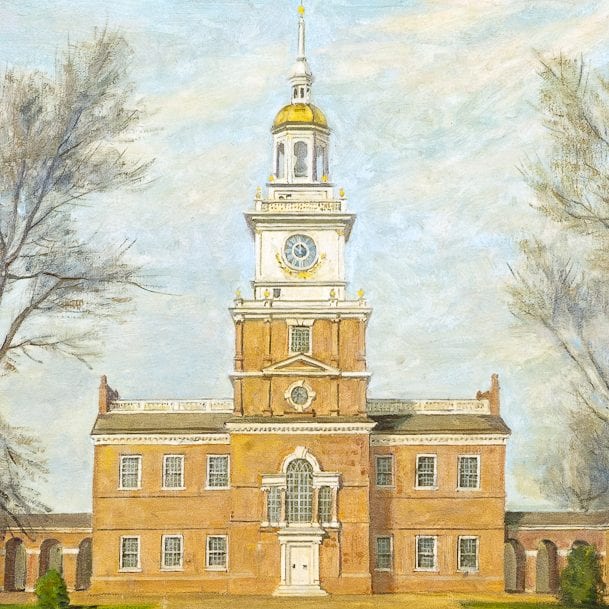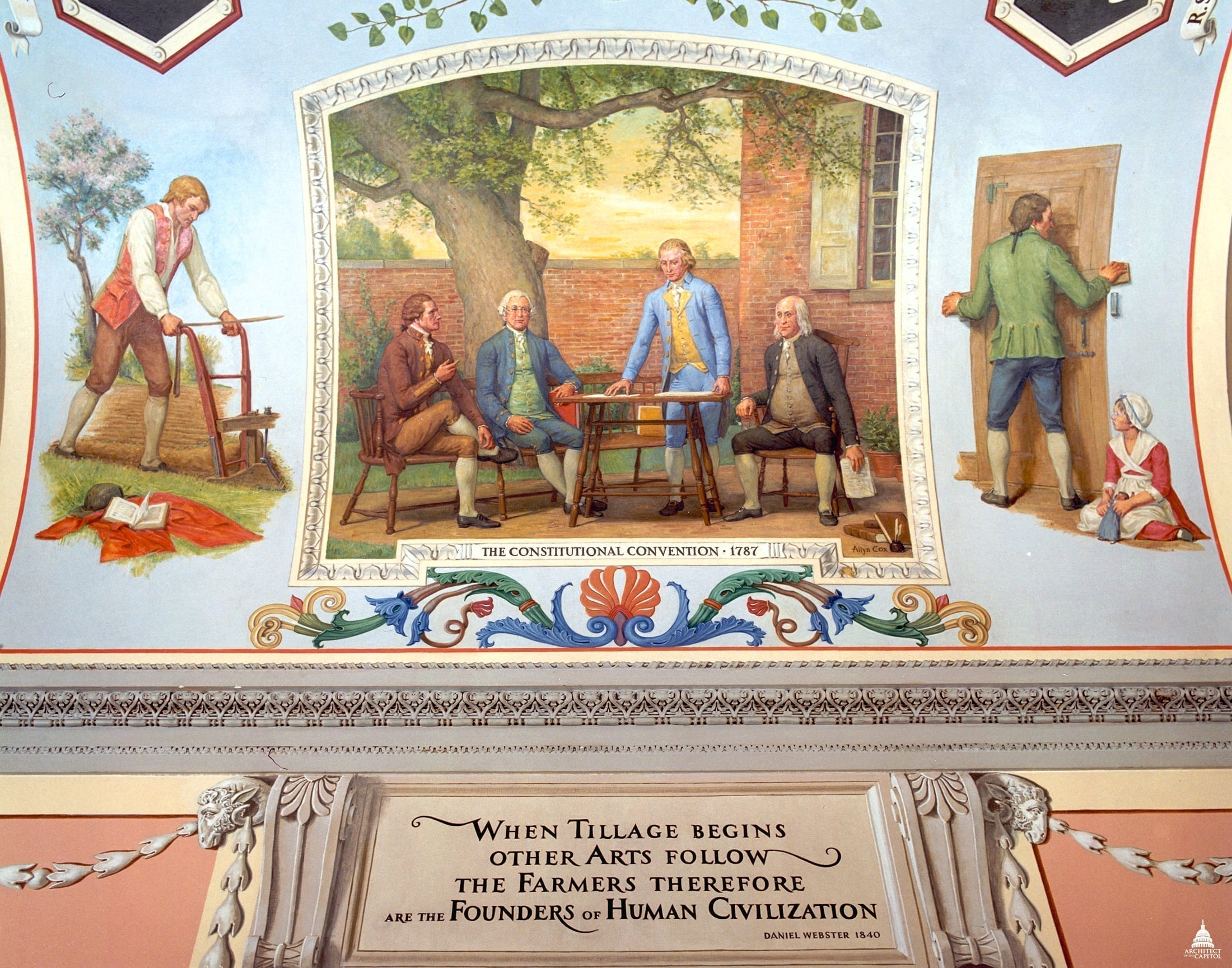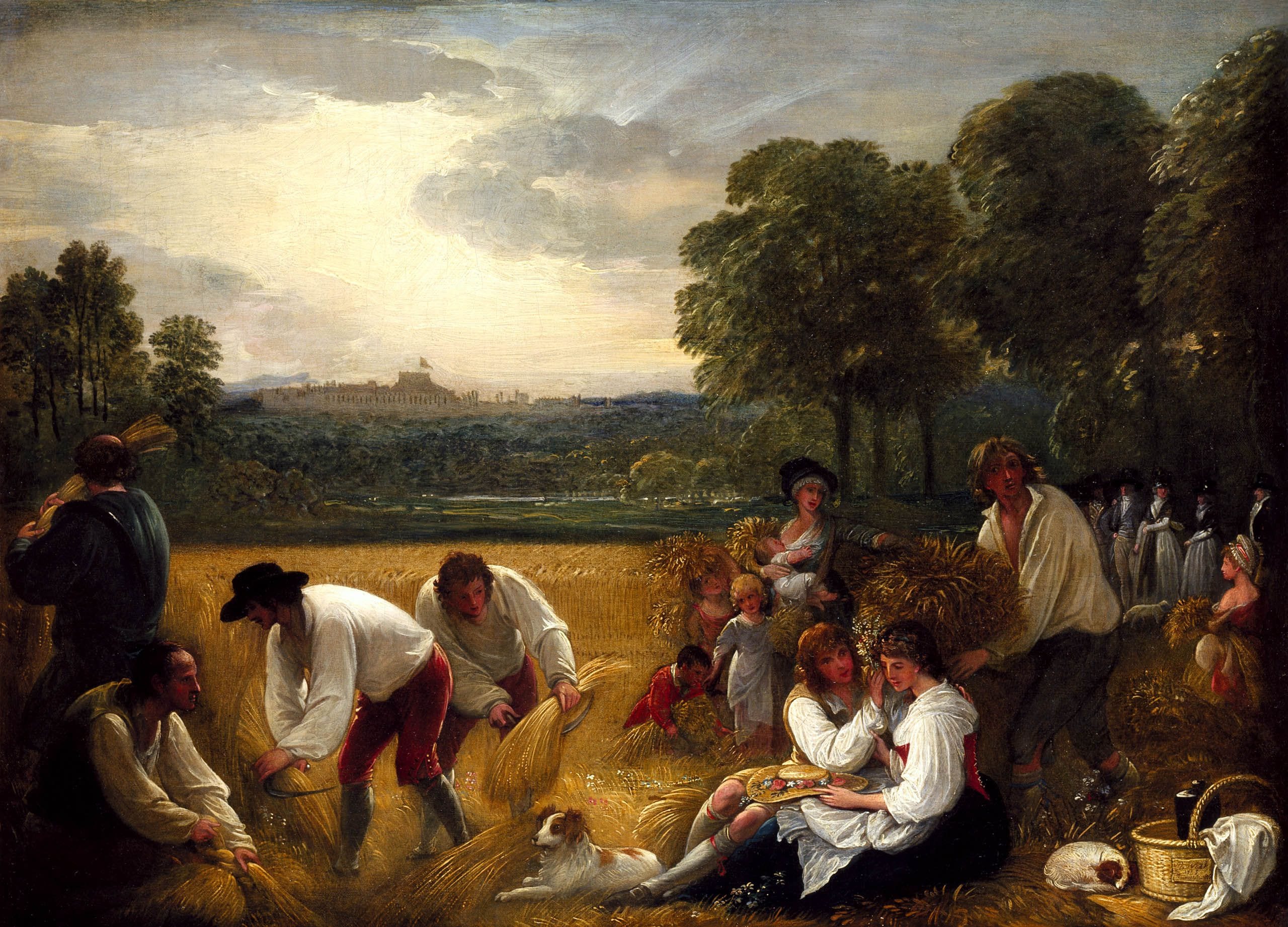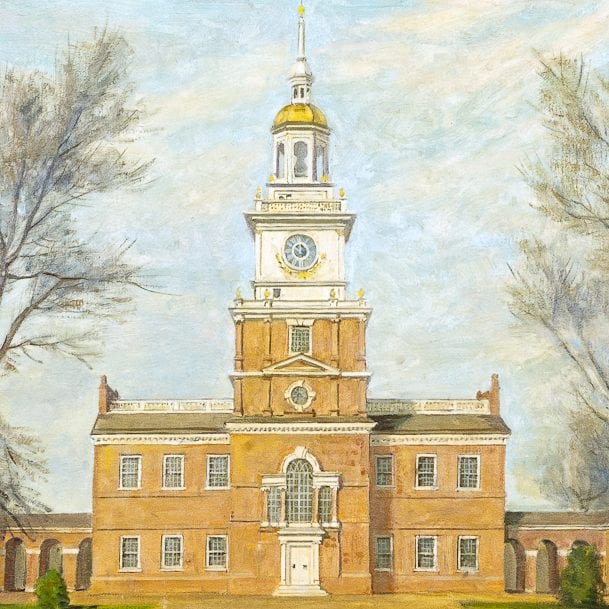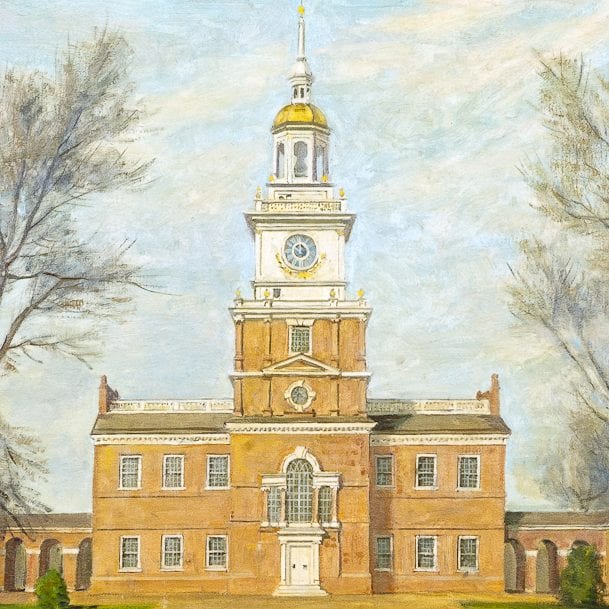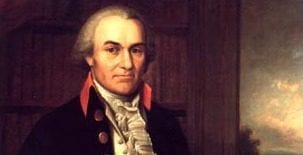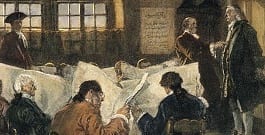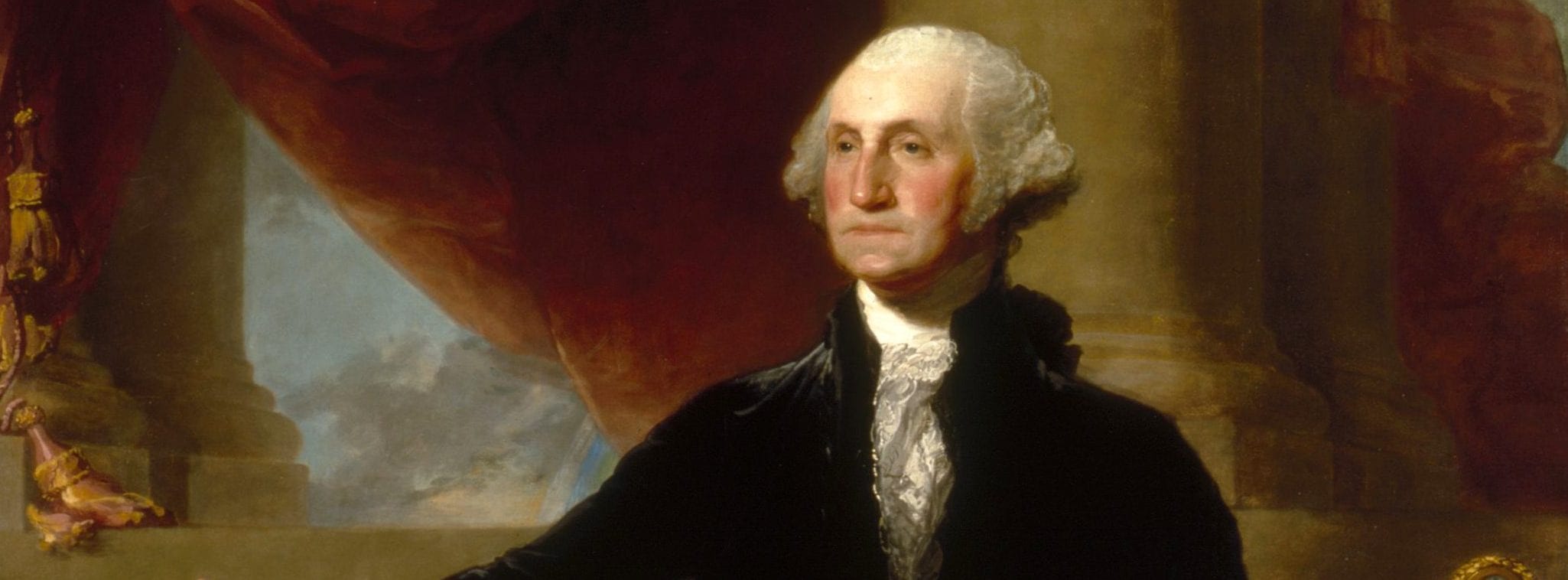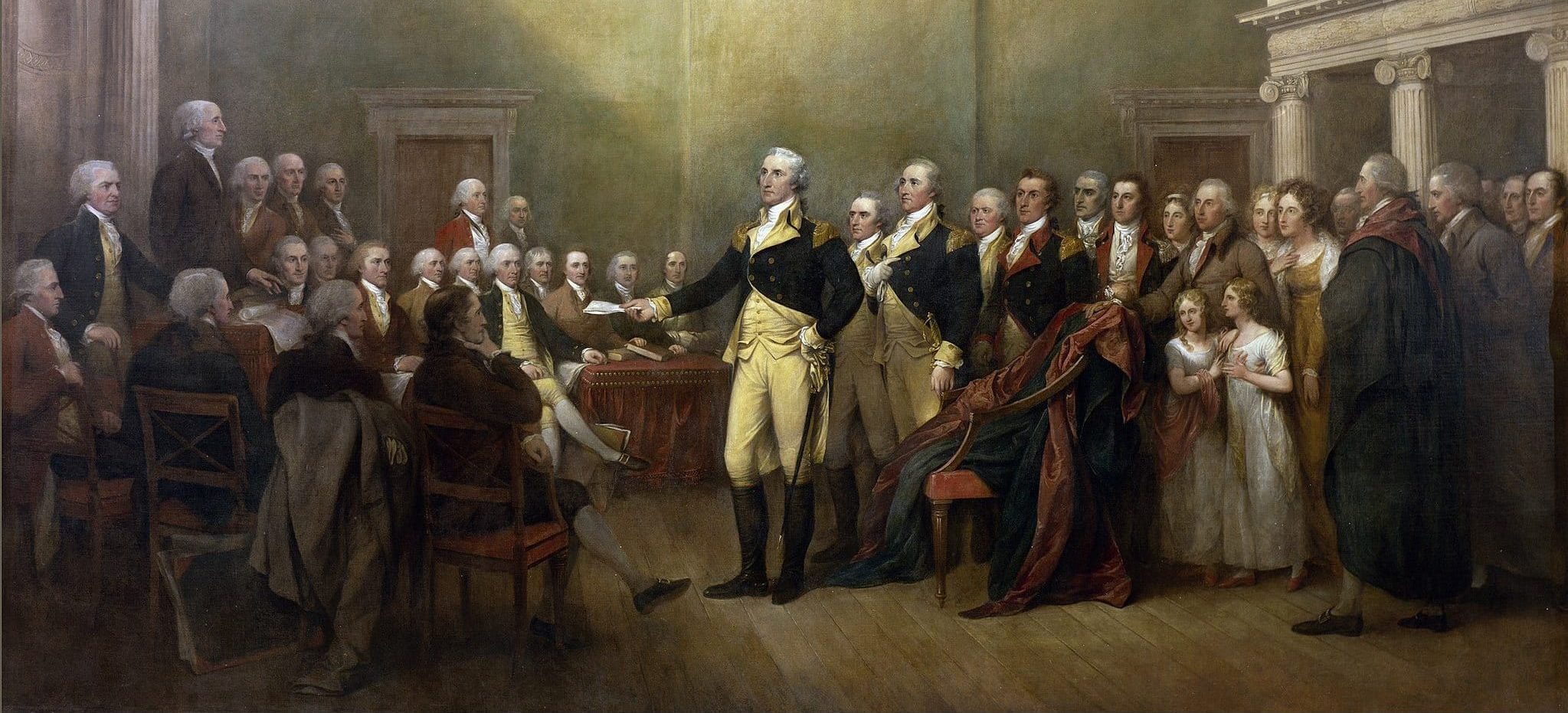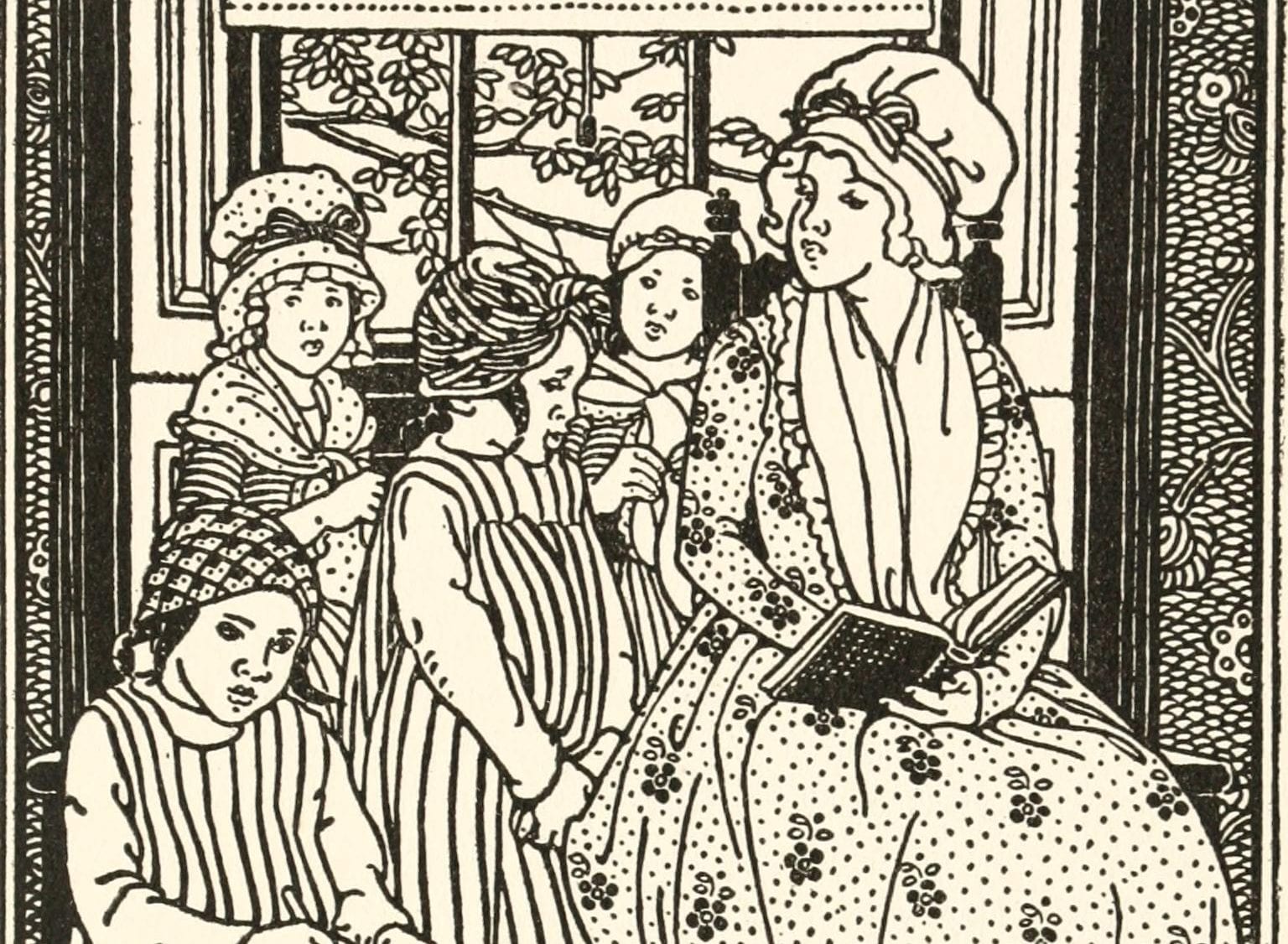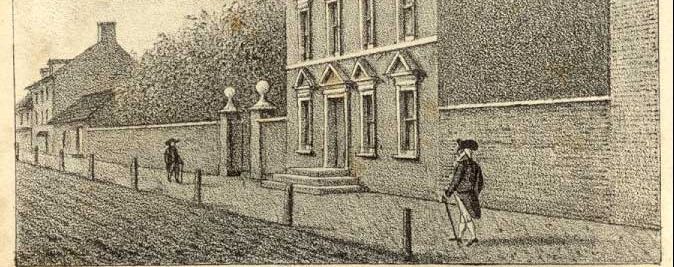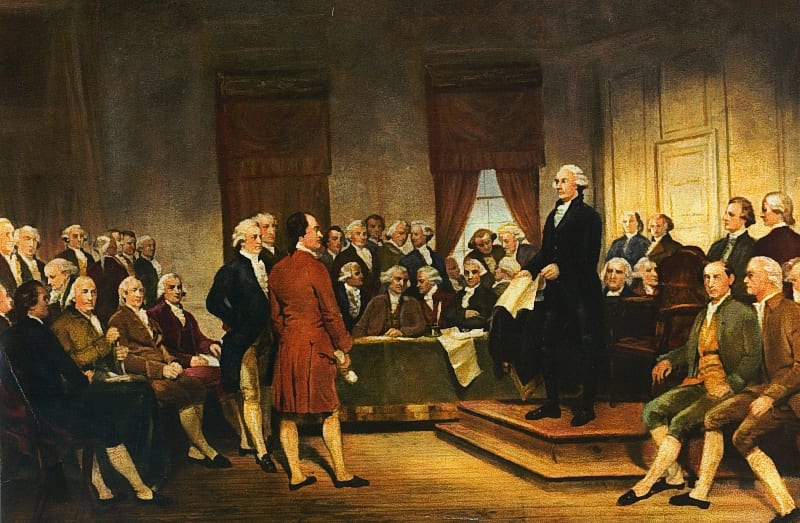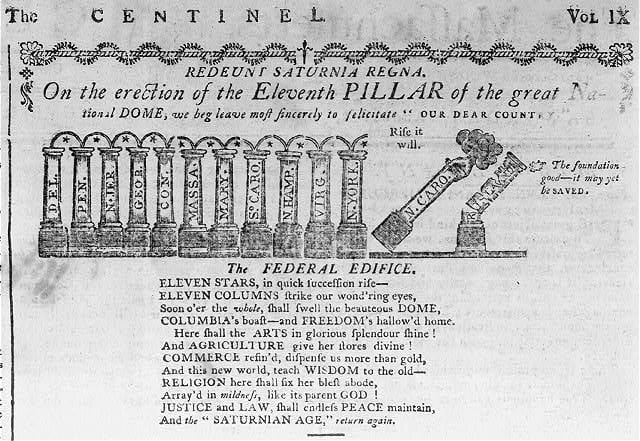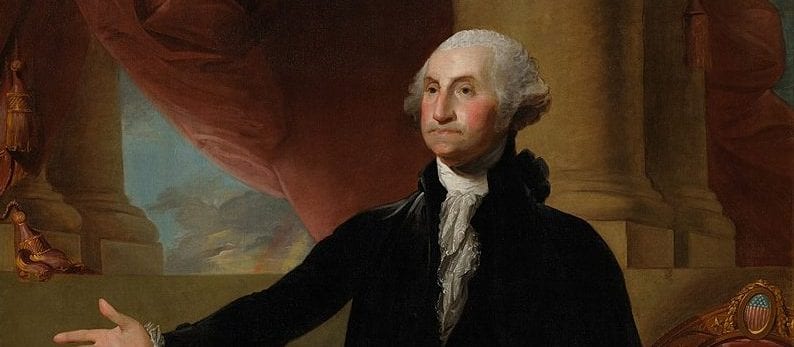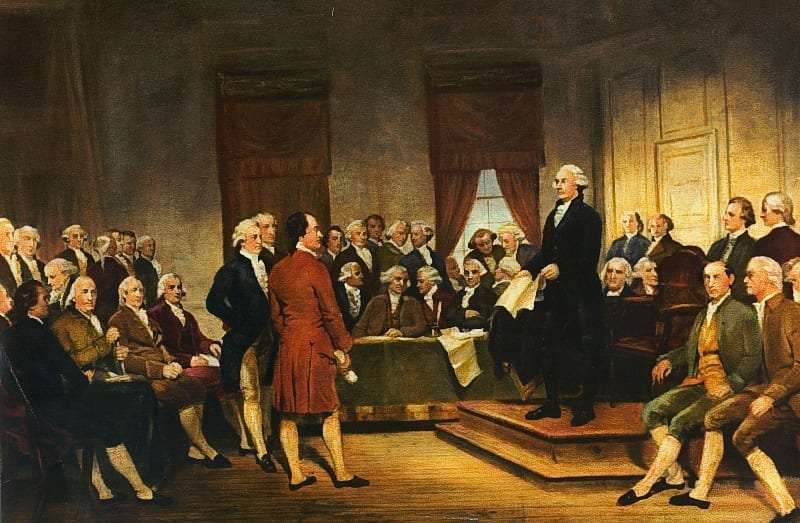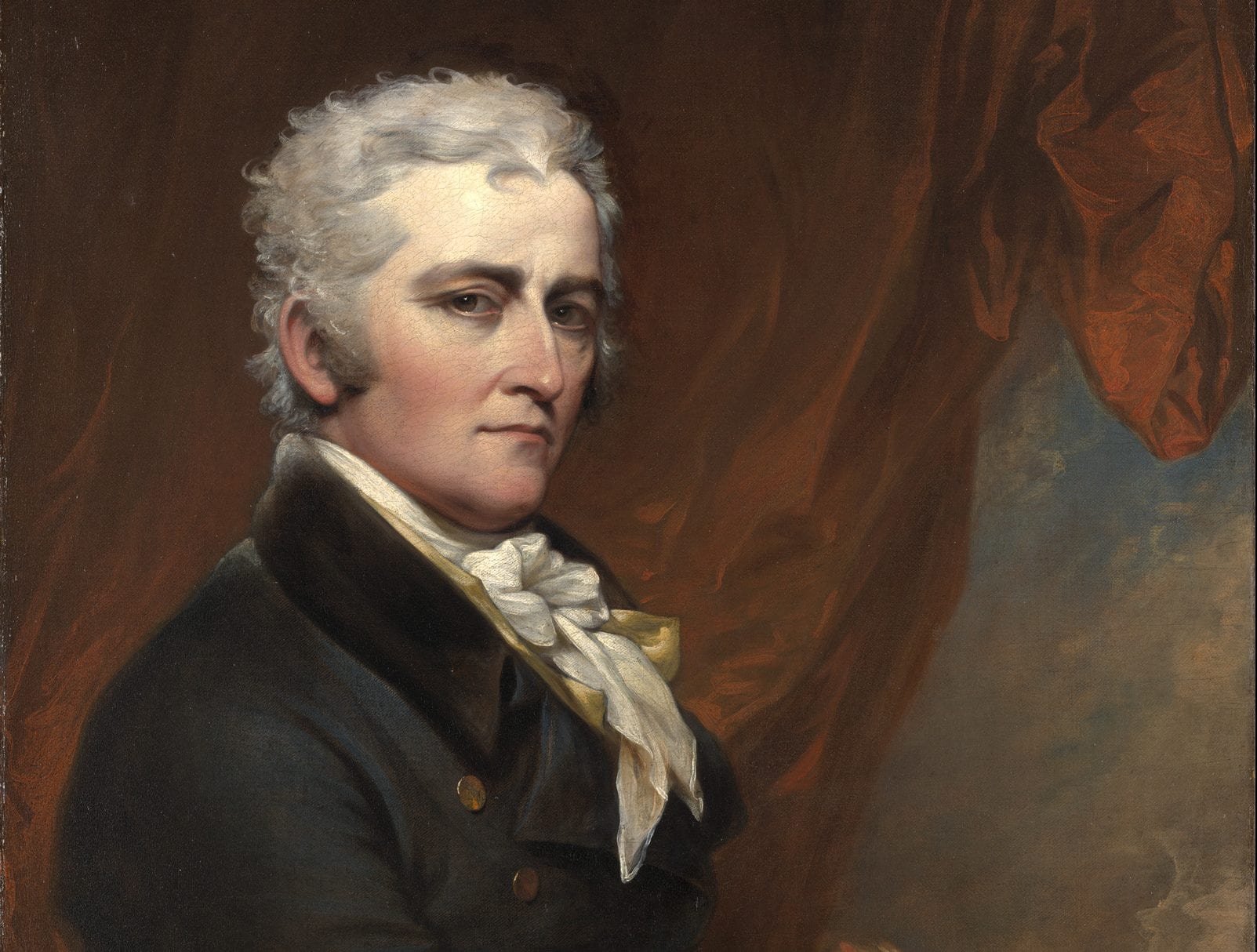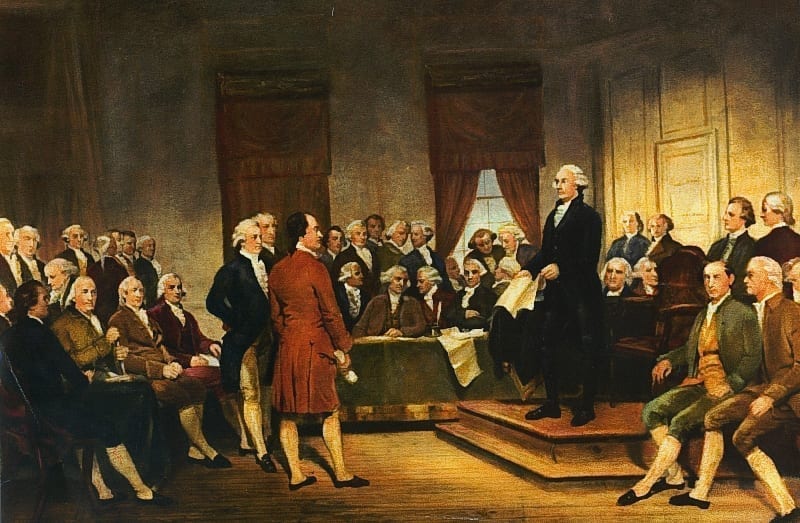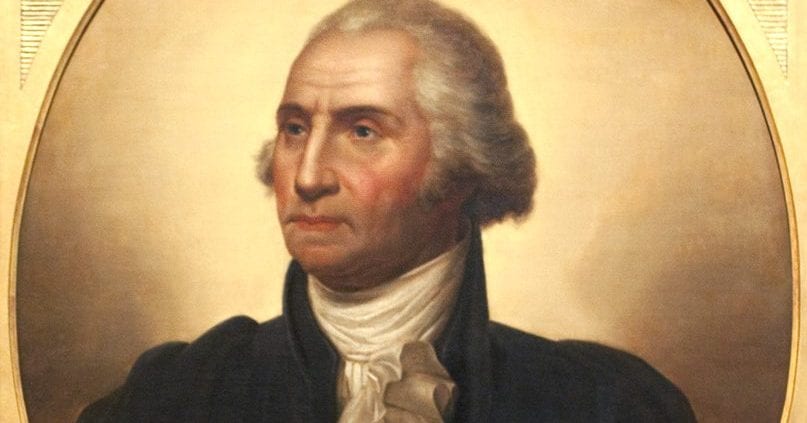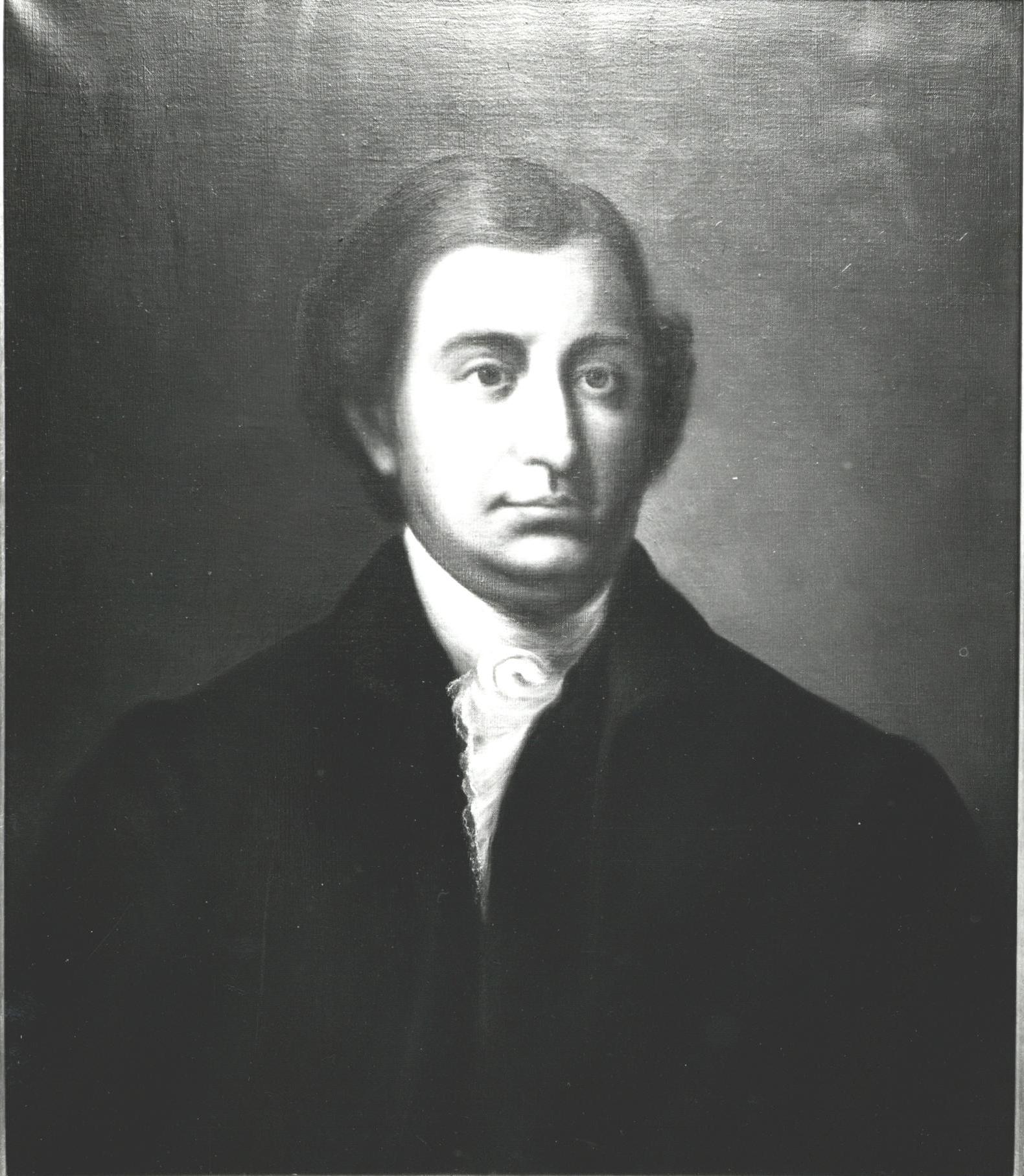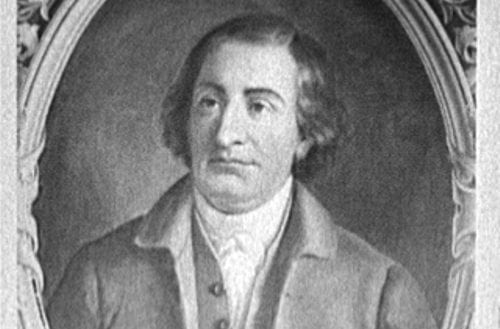


Introduction
The Anti-Federalists feared that the promises made by the Constitution’s proponents would go unfulfilled. In particular, they doubted that the number of representatives would really increase over time as a result of the census (see Federalist No. 55). In this paper, Publius attempts to pacify this concern by referring to the immediate interests of the members of the House. At the same time, however, Publius warns that if the House becomes too large, it would pose a greater threat to liberty than if it remained too small.
Source: George W. Carey and James McClellan, eds., The Federalist: The Gideon Edition, (Indianapolis: Liberty Fund, 2001).
To the People of the State of New York:
THE remaining charge against the House of Representatives, which I am to examine, is grounded on a supposition that the number of members will not be augmented from time to time, as the progress of population may demand. It has been admitted, that this objection, if well supported, would have great weight. The following observations will show that, like most other objections against the Constitution, it can only proceed from a partial view of the subject, or from a jealousy which discolors and disfigures every object which is beheld.
…There is a peculiarity in the federal Constitution which insures a watchful attention in a majority both of the people and of their representatives to a constitutional augmentation of the latter. The peculiarity lies in this, that one branch of the legislature is a representation of citizens, the other of the States: in the former, consequently, the larger States will have most weight; in the latter, the advantage will be in favor of the smaller States. From this circumstance it may with certainty be inferred that the larger States will be strenuous advocates for increasing the number and weight of that part of the legislature in which their influence predominates. And it so happens that four only of the largest will have a majority of the whole votes in the House of Representatives.
Should the representatives or people, therefore, of the smaller States oppose at any time a reasonable addition of members, a coalition of a very few States will be sufficient to overrule the opposition; a coalition which, notwithstanding the rivalship and local prejudices which might prevent it on ordinary occasions, would not fail to take place, when not merely prompted by common interest, but justified by equity and the principles of the Constitution. It may be alleged, perhaps, that the Senate would be prompted by like motives to an adverse coalition; and as their concurrence would be indispensable, the just and constitutional views of the other branch might be defeated. This is the difficulty which has probably created the most serious apprehensions in the jealous friends of a numerous representation. Fortunately it is among the difficulties which, existing only in appearance, vanish on a close and accurate inspection. The following reflections will, if I mistake not, be admitted to be conclusive and satisfactory on this point. Notwithstanding the equal authority which will subsist between the two houses on all legislative subjects, except the originating of money bills, it cannot be doubted that the House, composed of the greater number of members, when supported by the more powerful States, and speaking the known and determined sense of a majority of the people, will have no small advantage in a question depending on the comparative firmness of the two houses.
This advantage must be increased by the consciousness, felt by the same side of being supported in its demands by right, by reason, and by the Constitution; and the consciousness, on the opposite side, of contending against the force of all these solemn considerations. It is farther to be considered, that in the gradation between the smallest and largest States, there are several, which, though most likely in general to arrange themselves among the former are too little removed in extent and population from the latter, to second an opposition to their just and legitimate pretensions. Hence it is by no means certain that a majority of votes, even in the Senate, would be unfriendly to proper augmentations in the number of representatives. It will not be looking too far to add, that the senators from all the new States may be gained over to the just views of the House of Representatives, by an expedient too obvious to be overlooked. As these States will, for a great length of time, advance in population with peculiar rapidity, they will be interested in frequent reapportionments of the representatives to the number of inhabitants. The large States, therefore, who will prevail in the House of Representatives, will have nothing to do but to make reapportionments and augmentations mutually conditions of each other; and the senators from all the most growing States will be bound to contend for the latter, by the interest which their States will feel in the former.[1] These considerations seem to afford ample security on this subject, and ought alone to satisfy all the doubts and fears which have been indulged with regard to it. Admitting, however, that they should all be insufficient to subdue the unjust policy of the smaller States, or their predominant influence in the councils of the Senate, a constitutional and infallible resource still remains with the larger States, by which they will be able at all times to accomplish their just purposes.
The House of Representatives cannot only refuse, but they alone can propose, the supplies requisite for the support of government. They, in a word, hold the purse, that powerful instrument by which we behold, in the history of the British Constitution, an infant and humble representation of the people gradually enlarging the sphere of its activity and importance, and finally reducing, as far as it seems to have wished, all the overgrown prerogatives of the other branches of the government.[2] This power over the purse may, in fact, be regarded as the most complete and effectual weapon with which any constitution can arm the immediate representatives of the people, for obtaining a redress of every grievance, and for carrying into effect every just and salutary measure….
One observation, however, I must be permitted to add on this subject as claiming, in my judgment, a very serious attention. It is, that in all legislative assemblies[,] the greater the number composing them may be, the fewer will be the men who will in fact direct their proceedings. In the first place, the more numerous an assembly may be, of whatever characters composed, the greater is known to be the ascendency of passion over reason. In the next place, the larger the number, the greater will be the proportion of members of limited information and of weak capacities. Now, it is precisely on characters of this description that the eloquence and address of the few are known to act with all their force. In the ancient republics, where the whole body of the people assembled in person, a single orator, or an artful statesman, was generally seen to rule with as complete a sway as if a scepter had been placed in his single hand.
On the same principle, the more multitudinous a representative assembly may be rendered, the more it will partake of the infirmities incident to collective meetings of the people. Ignorance will be the dupe of cunning, and passion the slave of sophistry and declamation.[3] The people can never err more than in supposing that by multiplying their representatives beyond a certain limit, they strengthen the barrier against the government of a few. Experience will forever admonish them that, on the contrary, AFTER SECURING A SUFFICIENT NUMBER FOR THE PURPOSES OF SAFETY, OF LOCAL INFORMATION, AND OF DIFFUSIVE SYMPATHY WITH THE WHOLE SOCIETY, they will counteract their own views by every addition to their representatives. The countenance of the government may become more democratic, but the soul that animates it will be more oligarchic[4]. The machine will be enlarged, but the fewer, and often the more secret, will be the springs by which its motions are directed….
- 1. As each states gains or loses population, the number of House members representing its population increases or decreases respectively. The formula for appropriating representatives has been altered several times during the history of the United States. The standard by which the Framers implemented changes in apportionment is known as the Thomas Jefferson Method.
- 2. Madison is referring to an aspect of British history that his audience would have known well: that the British Parliament had used its control over government funding to reduce the power of the Crown during the power struggles of the 1600s. By withholding funds from the monarch, Parliament could limit the powers of the executive to engage in war or pay salaries to executive officers.
- 3. Sophistry is the attempt to win an argument at the expense of truth through the use of deceptive speech. Declamation is the use of dramatic rhetoric to manipulate an audience.
- 4. Democracy is defined as the rule of the many, while oligarchy is the rule of the few.
Brutus XIII
February 21, 1788
Conversation-based seminars for collegial PD, one-day and multi-day seminars, graduate credit seminars (MA degree), online and in-person.

Our Core Document Collection allows students to read history in the words of those who made it. Available in hard copy and for download.



